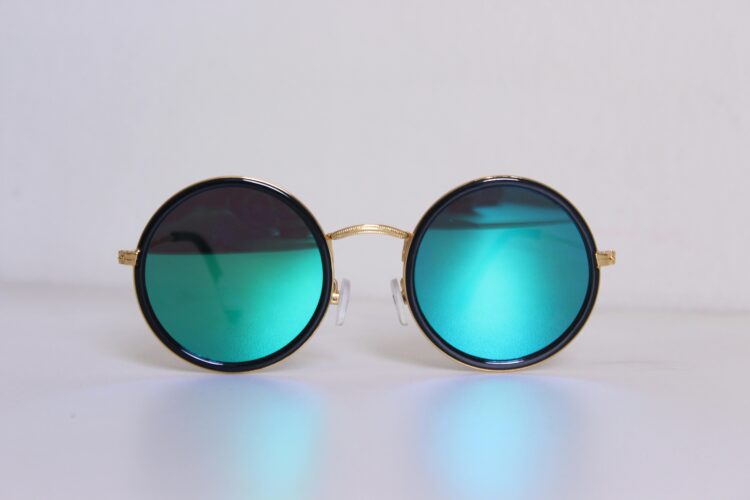As technological innovations in the fashion industry intend to increase garments' comfort and functionality, Check Point Software Technologies warns against related cyber security risks.
Cybersecurity risks
Techwear or tech clothing that leverages technological innovations like waterproof, breathable materials, built-in LED lighting, smartphone-controlled heating elements, and adaptive materials that react to environmental conditions pose significant security risks, as connected devices, including smart clothing, can be vulnerable to cybercriminals.

Peter Kovalcik, regional director and security engineer of Eastern Europe at Check Point Software Technologies, said: "Smart clothing often collects and stores sensitive personal data such as health data and a lot of financial information. Hackers can exploit this data for targeted attacks or trade it on the dark web. If attackers gain control over smart clothing, they could manipulate features like heating elements, potentially causing harm.”
“GPS modules in these garments could be misused for stalking or privacy invasion, and integrated microphones and cameras could be exploited for espionage. The challenge of updating and patching vulnerabilities in these devices makes them an easy target for cybercriminals, who can exploit known weaknesses long after they've been discovered," Kovalcik said.
He added that cybercriminals can target these connected devices to launch attacks because wearable technologies are usually connected to a mobile phone or home and corporate networks and linked to various cloud services.
Wear responsibly
Check Point warns users of Smart Fashion and wearable technology to pay attention to cybersecurity and not let their guard down.
"Always consider carefully which manufacturer you buy your smart products from, as they may have access to your sensitive data, and whether they are a trusted partner," Kovalcik said.




